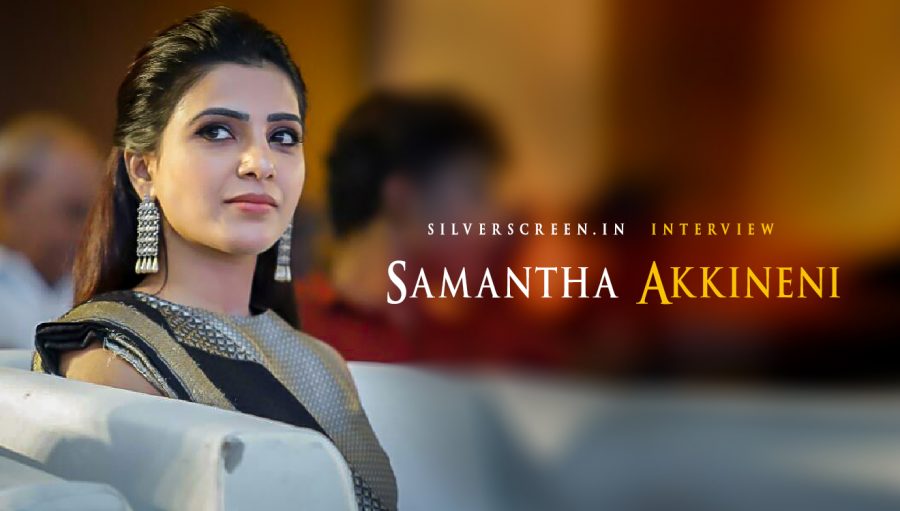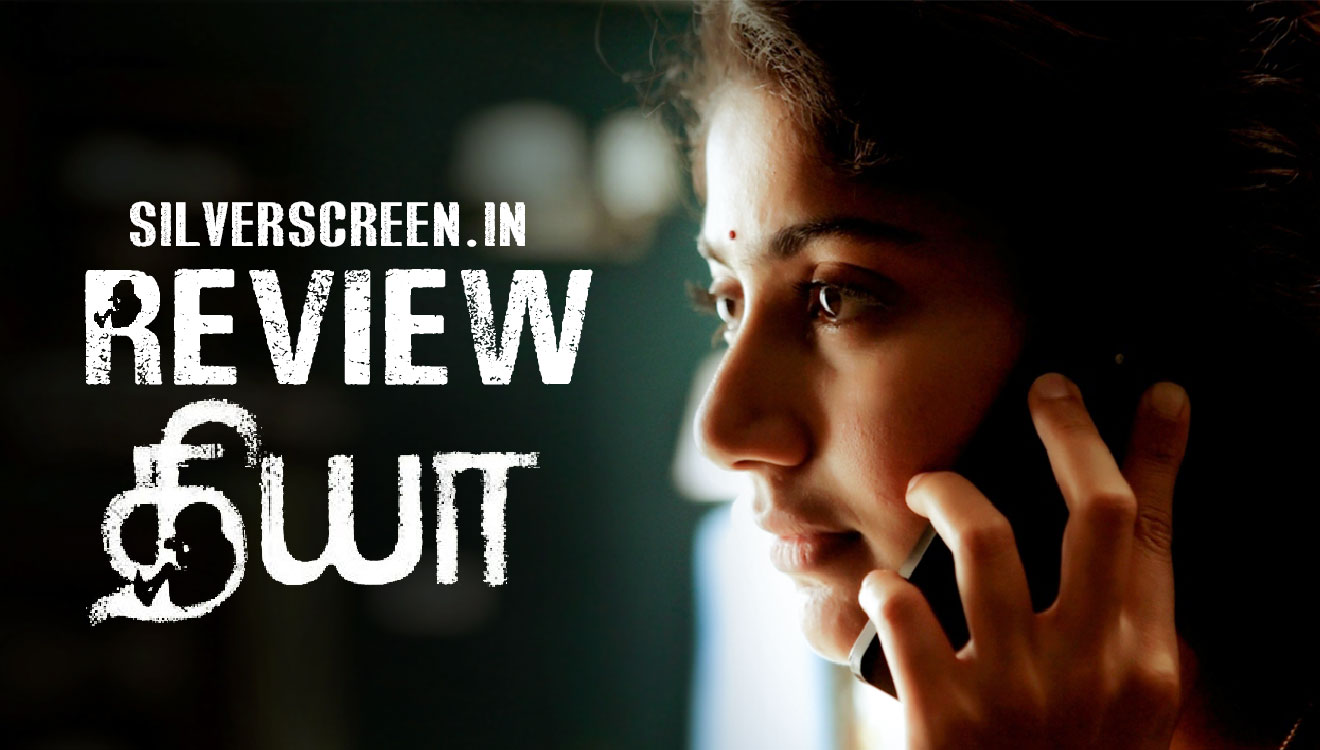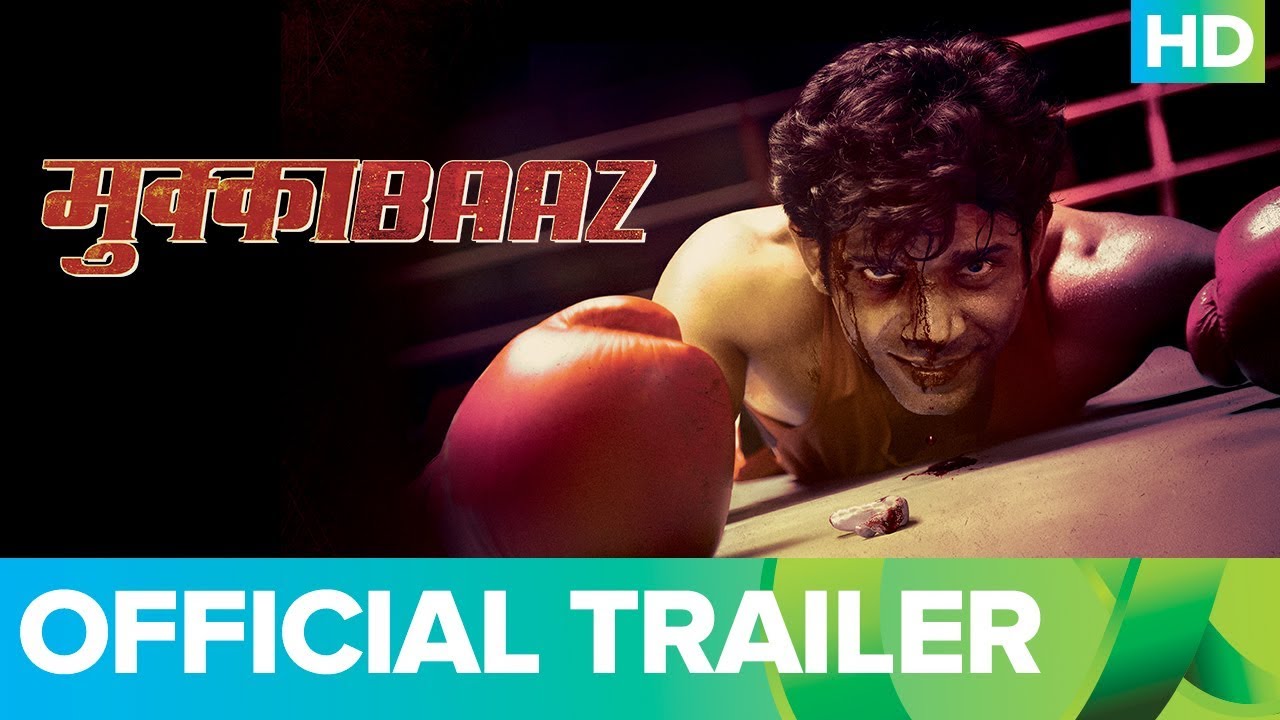Samantha Akkineni packs quite a punch in her frame. Amid smiles, she speaks words sheathed in steel. The actress, among the very few who have managed to headline mainstream projects after marriage, wonders why people still speak about a married actress losing her desirability but don’t consider asking why married heroes kiss on screen. What she finds most inspiring? Women openly supporting and lifting each other up. That, she says, is real strength.
Samantha Akkineni is warm and friendly as we sit down to discuss her journey into cinema. “Since my debut Ye Maaya Chesave (2010), I’ve been lucky that good scripts and directors have come my way. Yet, I believe this is the best phase of my life; I’m choosing projects that challenge the actor in me. Over these years, I’ve learned to let go of insecurities. Now, I am more confident about the value I bring to a film, irrespective of the screen time,” she says.
Excerpts from the conversation:
Your choice of films is intruiging. You do a Manam, a Mahanati. At the same time, you don’t miss out on a Theri or a Mersal.
I don’t categorise films that way. I just choose the kind of roles I would like to watch in theatres. Initially, I used to be concerned about my ‘looks’, ‘likeability’, ‘saleability’, and so on. But, in the last two years, I only did films that made me happy. It’s important to strike a balance, and I am in my own space without being a part of the rat race.
When I started off, I had my share of doubts if I’d last in this make-believe world. I learn with every film, and the way I approach acting today is different from how I did so in my first film. I am not the same person I was a year ago.
What else has changed in you?
Pretty much everything. Many people tell you many things, and it confuses you to the extent that you destroy yourself. Slowly, you realise that there’s space for everyone. That’s the beauty of the industry. Once you understand your place is secure, your path becomes clear. Unfortunately, you don’t get that assurance as a newbie.
You sound quite philosophical…
Absolutely. Both success and failure don’t last too long, as you are as good or as bad as your last film. The moment a film becomes a hit, you’re a star, and when it flops, you become irrelevant. It’s all about taking calculated risks and seeing how they pan out.
Let’s talk about U-Turn.
Reporters tend to be passionate, fiery and independent, right? Maybe, that’s why I get to play them often. (Laughs) U-Turn is an edge-of-the-seat thriller high on emotion and mystery that one shouldn’t miss. My role in the film will be very different from Mahanati [she played a journalist in that film too]. Filmmaker Pawan Kumar, who directed the original (in Kannada), has tweaked the script according to the sensibilities of our audience. The story is as much about the investigative journalist as it is about her personal journey. She’s extremely curious and believes in following her heart. To get a role close to reality isn’t easy.
Weren’t you apprehensive about featuring in a remake?
Not at all… I’ve known Pawan for a long time – since Lucia. I wanted to do U-Turn (in Tamil and Telugu) even before he made it in Kannada. Just that I took some time to finish my earlier commitments. Content is the biggest plus in U-Turn. When I saw the film in Kannada, I felt it should reach a wider audience. We completed the film in a single schedule.
Was there any specific scene you found especially tough?
Whenever I cry on screen, I don’t use glycerin. Sometimes, it can be frustrating. Since it’s a bilingual, it was double the work.
Would it be appropriate to say that Gautham Vasudev Menon played a large role in shaping you as an actor?
I learnt everything from him, and he’s an ideal teacher. Of course, the credit goes to him for laying the foundation for my acting career.
Have you been concentrating more on Telugu films?
Both Tamil and Telugu offer a great platform to experiment with fresh content. But, I became a household name in Telugu even in the beginning of my career; in Tamil, it took some time. I’ll always be indebted to the Telugu industry for giving me important films such as Eega and A Aa.
What do you like about your films? Any scene that is an eternal favourite?
I put my life and soul into my projects, but Mahanati will always remain special. It’s not because of my character, but because of Savitri amma. The film left an impact that will stay in people’s minds for a long time, and I’ll never forget the experience of shooting the climax scene. I had goosebumps.
Nayanthara and Jyotika have tried to occupy spaces that can be considered exclusive to them. Do you have similar plans?
Times are changing, and the audience does accept films that veer away from the mainstream space. Nayanthara constantly proves that she can shoulder a commercial film and Kolamaavu Kokila is another classic example. She’s similar to Anushka Sharma, who has been choosing tailor-made scripts in Bollywood. Keerthy Suresh was widely criticised when she took up Mahanati. But she gave a tight slap to the trollers and meme-creators with her stunning performance. What we need is the opportunity. I’ve great hopes on Thiagarajan Kumararaja’s Super Deluxe.
You had spoken about offers drying up post-marriage. Where does the reservation comes from – directors, heroes or the audience?
This whole mindset of married-actors-can’t-play-heroines-in-Tamil cinema is unfortunate. And, who says married women lack desirability? Sadly, this is rooted strongly in the psychic of both the industry and the audience. Kalyanam aana, we become fat and have babies, huh? (Does it mean we become fat and have babies if we get married?) I am married, and my filmmakers treat me like they did before. We don’t ask male actors why they continue to act post-marriage. For example, Vijay is married, and we don’t ask him why he does kissing scenes. When Rangasthalam was released, I had people saying, “Oh, she kisses even now!” Oh come on, I’ve been married for a year. I am tired of such ‘appreciation’.
How important is it for female actors in other industries to be a part of something like Kerala’s Women In Cinema Collective?
Recommended
I am glad that Malayalam cinema has created a space for its female actors to address issues they face within the industry. It got me thinking about how women help other women, and I understand its importance. It’s high time we had a similar movement here. I don’t see myself competing with any woman. One of the things I find most inspiring is women openly supporting and lifting each other up. And, that’s real strength.
What are your plans for Pratyusha Support, the service organisation you’ve conceptualised?
I am touched when I think about the initiative. As as a team, we’ve made a difference to the lives of almost 500 people. I never thought we would be this consistent in our approach. We could do our bit for flood-ravaged Kerala too, with the help of 75 volunteers.
U-Turn releases on September 13.
*****
The Samantha Akkineni interview is a Silverscreen exclusive.



